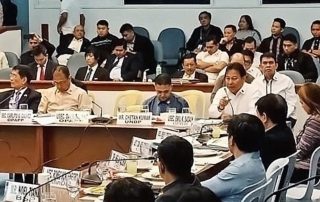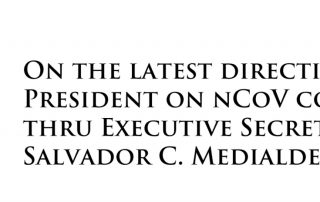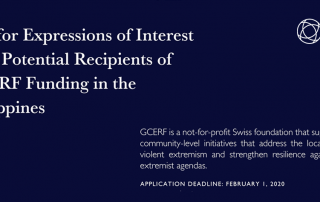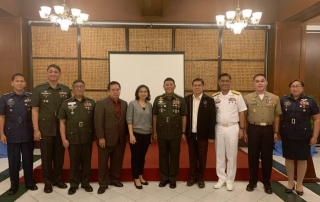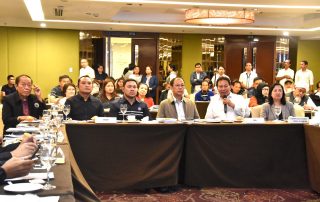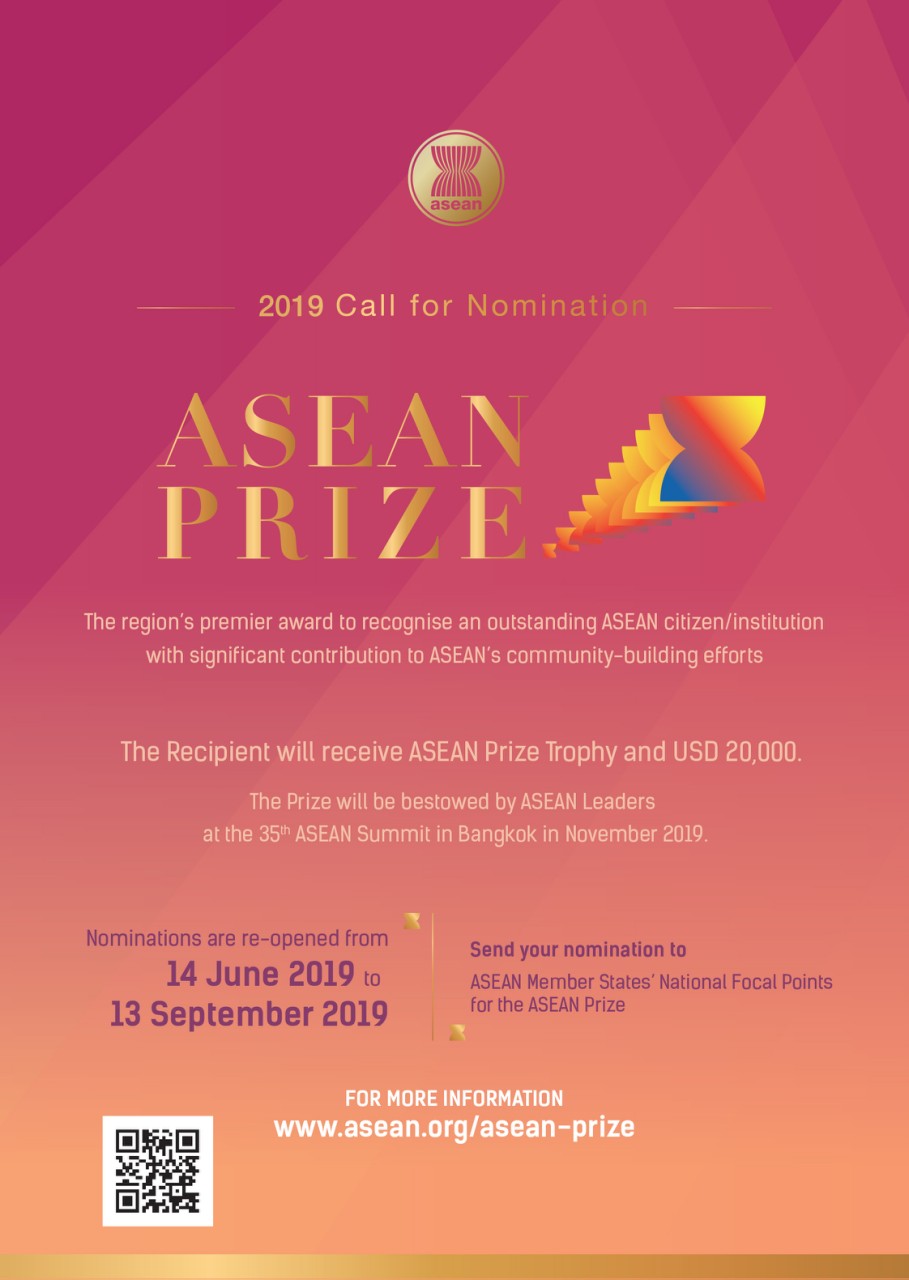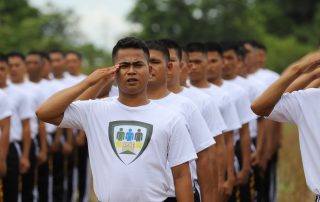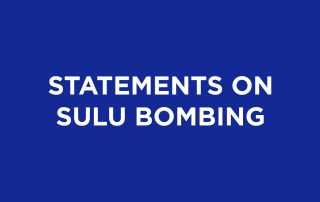President Rodrigo Roa Duterte issued a directive coursed thru Executive Secretary Salvador Medialdea on the containment and neutralisation of the spread of the novel coronavirus.
The following is the statement of Executive Secretary Salvador Medialdea:
“On 31 January 2020, immediately after the World Health Organization declared global emergency, the Inter-agency Task Force for the Management of Emerging Infectious Diseases approved and recommended the adoption of guidelines for the management of the 2019 Novel Coronavirus Acute Respiratory Disease Situation.
With the safety of the Country and all persons within our territory as prime considerations, and upon further advise from the Department of Health that the virus has affected all regions of China, the President has immediately approved the following recommended guidelines of the Task Force:
1. Temporarily banning the entry of any person, regardless of nationality, except Filipino citizens and holders of Permanent Resident Visa issued by the Philippine Government, directly coming from China and its Special Administrative Regions;
2. Temporarily banning the entry of any person, regardless of nationality, except Filipino citizens and holders of Permanent Resident Visa issued by the Philippine Government, who within fourteen (14) days immediately preceding arrival in the Philippines, has been to China and its Special Administrative Regions;
3. A mandatory fourteen (14) day quarantine for Filipinos and Permanent Resident Visa holders coming from any place in China and its Special Administrative Regions;
4. Temporary ban on Filipinos from travel to China and its Special Administrative Regions; and
5. Establishment of a repatriation and quarantine facility.
The President will be presiding the next meeting of the Task Force on Monday and to be attended by other concerned agencies.
Accordingly, all heads of departments, agencies, offices and instrumentalities of the government, GOCCs, GFIs, SUCs and LGUs are hereby directed to adopt, coordinate and implement the said guidelines, and such other guidelines which the Task Force may subsequently issue on the matter, consistent with the respective agency mandates and relevant laws, rules and regulations, until the threat is over.
The AFP, PNP and law enforcement agencies are all on standby and have been directed to give the necessary assistance to ensure the implementation of this directive to ensure the safety and well-being of everyone.
The Task Force was also given the authority, if necessary, to ban the entry of travellers from other areas with confirmed widespread 2019-nCOV ARD.“
For clarity the ban is on the person of any nationality except that of Filipinos particularly specified above, coming directly from the places above-mentioned and arriving in the Philippines, and not of any flight.
We assure the the Filipino people that the directives issued by the President as well as the protocols being implemented as well as succeeding ones are all geared for the safety of our countrymen and will last until the danger of the dreaded disease has ceased.
We reiterate the advice of the DOH to the public to observe strictly the measures undertaken on personal hygiene like regularly washing the hands and wearing surgical masks when going around crowded areas when one has coughs and colds or has a fever.
Salvador S. Panelo
Chief Presidential Legal Counsel & Presidential Spokesperson


